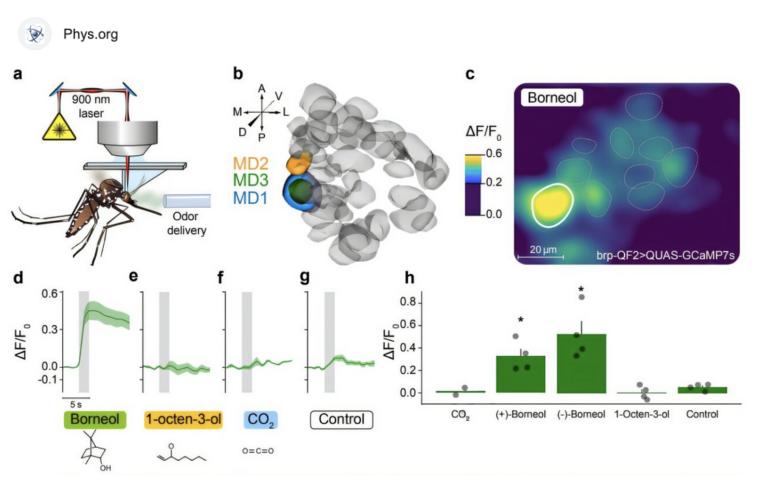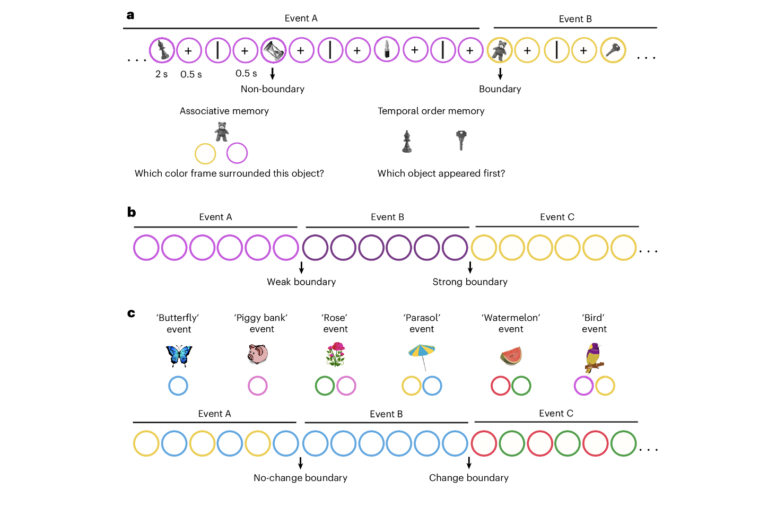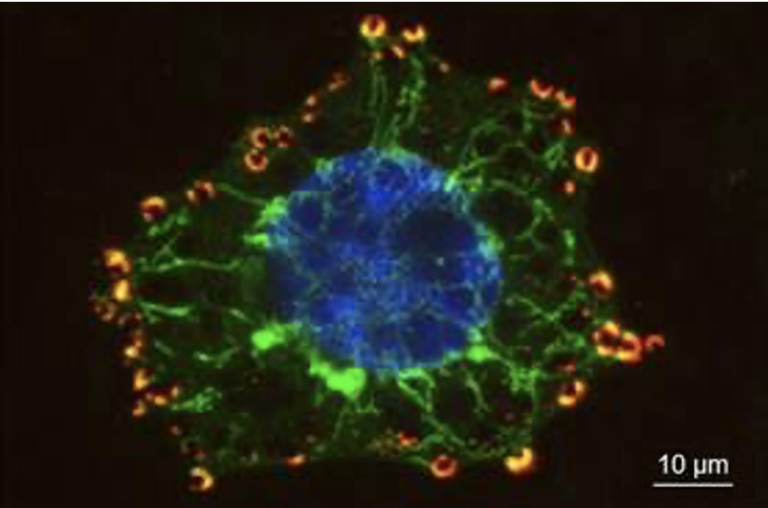Technion et centre Carmel : parler une heure par jour sur son portable altère la fertilité masculine

[:fr]Les hommes utilisant leur téléphone mobile plus d’une heure par jour double les risques d’avoir des problèmes de fertilité d’après une étude du Technion et du centre médical du Carmel. L’étude israélienne a montré que la qualité du sperme des hommes des pays occidentaux se dégrade au fil des ans. Cette dégradation est responsable de 40% des cas de problèmes de fertilité chez les couples.
L’étude a été réalisée dans le cadre de la thèse de doctorat du Dr Yulia Sheinfeld de la Faculté de médecine Technion, sous la direction du Professeur agrégé Martha Dirnfeld, directeur de l’unité de fertilité et de FIV au Carmel Medical Center et professeur au Technion. Le Dr Ariel Zilberlicht a réuni les données. Les chercheurs ont établi un lien entre l’utilisation d’un téléphone et la réduction de la quantité de sperme produit, pouvant provoquer des problèmes de fertilité. 47% des hommes qui gardent leur téléphone dans les poches de leur pantalon ont enregistré des niveaux anormalement bas de concentration des spermatozoïdes, contrairement à 11% de la population générale.
L’étude portait sur un large éventail de variables liées aux habitudes d’utilisation des téléphones cellulaires et sur la qualité du sperme, selon les paramètres définis par l’Organisation mondiale de la santé (OMS) en 2010. La population étudiée était composée de 106 hommes qui ont subi une évaluation à l’unité de la fertilité et des FIV en 2011-12. Les participants ont rempli des questionnaires détaillés, y compris les caractéristiques démographiques et les données, les conditions médicales qui peuvent affecter la qualité du sperme, et des questions très détaillées et complètes sur leur utilisation du téléphone cellulaire : combien de temps l’utilisateur passe sur le téléphone chaque jour, où il porte son téléphone, s’il émet ou reçoit des appels dans les zones où la réception est mauvaise et tout en chargeant son téléphone, et ainsi de suite. A la fin du processus de collecte de données, les chercheurs ont examiné le lien entre les variables indépendantes (habitudes d’utilisation de téléphone) et les résultats de la qualité du sperme.
Parler au téléphone plus d’une heure par jour ou parler lorsque la batterie du téléphone se recharge double les risques de réduction de la concentration de spermatozoïdes d’après l’étude. Interrogé par les médias israéliens, Zilberlicht recommande d’utiliser des oreillettes le plus souvent possible. Il a ajouté que d’autres études seront nécessaires pour définir de manière définitive le lien entre la radiation des téléphones et les problèmes de fertilité.
Source i24news et israelscienceinfo.com
[:en]A study conducted at the Technion and Carmel Medical Center reveals a clear link between cell phone use and impaired sperm quality of the user. Men who talk on their cell phone for more than an hour a day double the risk of impairing their sperm concentration; Speaking while charging the phone and carrying it near the groin may also cause similar damage.
Male sperm quality, which is steadily declining in Western countries, accounts for 40% of infertility problems among couples. Accumulated research knowledge on this subject shows that sperm quality is affected by congenital genetic factors but also by environmental variables. One of them is the growing use of cell phones.
Many studies on the question of the connection between sperm quality and the radiation emitted by cell phones reached different and non-uniform conclusions, since they were carried out under different conditions (laboratory experiments on tissue, experiments in laboratory animals, etc.) and did not always address all the relevant variables.
This connection was recently examined in a comprehensive and in-depth study carried out at Carmel Medical Center and The Technion Ruth and Bruce Rappaport Faculty of Medicine. The study was carried out as part of the doctoral work of Dr. Yulia Sheinfeld from the Technion Faculty of Medicine, under the guidance of Clinical Associate Professor Martha Dirnfeld, Director of the Fertility and IVF unit at Carmel Medical Center and a Clinical Associate Professor at the Technion.
The study addressed a wide range of variables related to cell phone usage habits and sperm quality according to the parameters set by the World Health Organization (WHO) in 2010. The study population consisted of 106 men who underwent evaluation at the Fertility and IVF unit in 2011-12. The participants filled out detailed questionnaires including demographic characteristics and data, medical conditions that may affect sperm quality, and highly detailed and comprehensive questions about their cell phone usage: how much time the user spends on the phone each day, where he carries the phone, whether he makes or receives calls in areas with poor reception and while charging his phone, and so on. At the end of the data collection process, the researchers examined the connection between the independent variables (phone usage habits) and the sperm quality results.
The study results indicate clear causal connections: talking on a cell phone for over an hour a day, and talking on the phone when it is connected to a charger, double (from 33.3% to 66.7%) the likelihood of a decrease in sperm concentration. Sperm concentration also decreased to an abnormal level in men who carried the phone at a distance of less than 50 cm from the groin; an abnormal concentration was found in 47.1% of them, compared with just 11.1% in the total male population.
Dr. Ariel Silberlicht, a gynecologist at Carmel Medical Center and a faculty member at the Technion Faculty of Medicine, sums up the data:
“In light of the research findings it is certainly recommended to shorten the duration of calls, not to carry the phone near the groin, not to sleep next to it, not to talk while it is being charged (in fact, it is better to turn it off while it is being charged) and to use a headset or hands-free kit whenever possible.” The researchers stress that further studies are needed, with large samples, in order to check the cellular radiation damage in the context of male infertility.[:]







